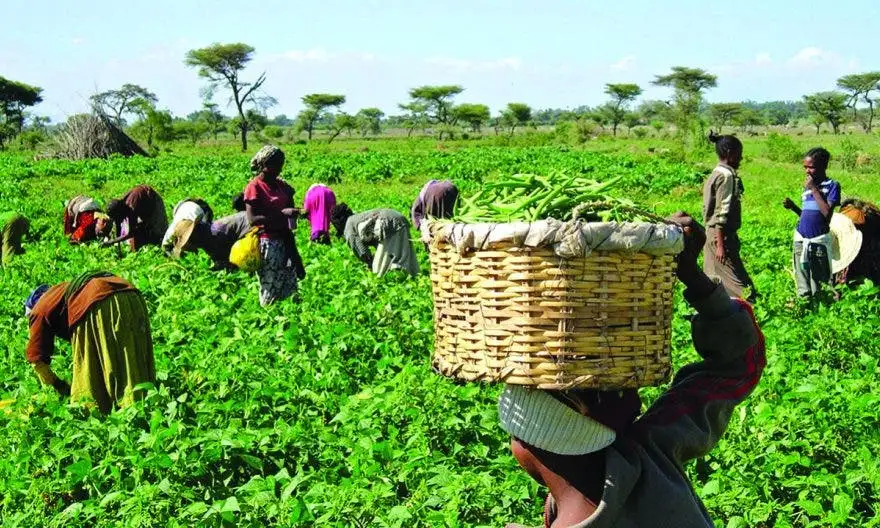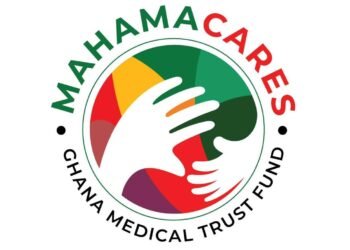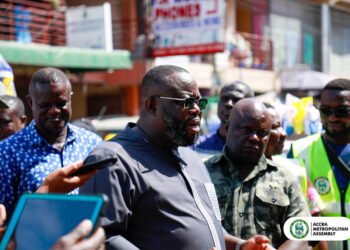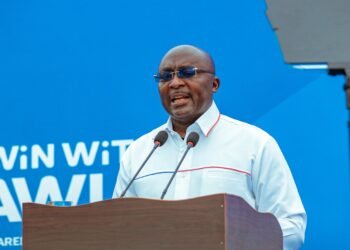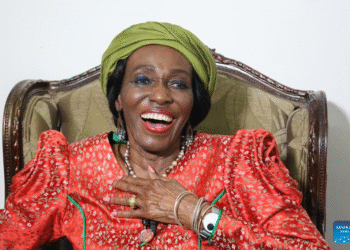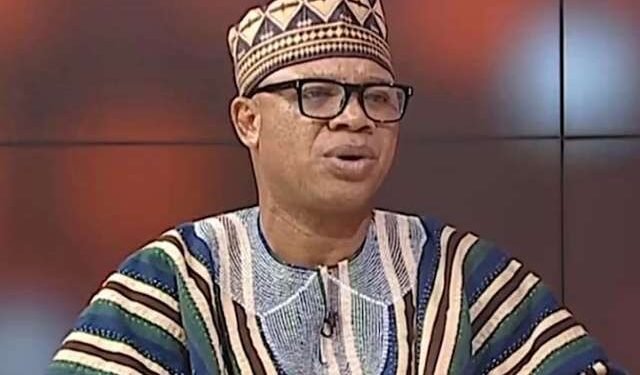In Ghana’s ongoing pursuit of economic revitalization, the Grow24 agricultural initiative has become a cornerstone of a broader and ambitious plan to create a sustainable 24-Hour Economy.
Presidential Advisor on the 24-Hour Economy policy, Goosie Tanoh, has shared detailed insight into the strategy’s agricultural component, positioning Grow24 as a bold step toward modernizing the sector, creating jobs, and reducing Ghana’s reliance on imported food staples.
According to Tanoh, Grow24 is not merely a farming initiative but a dynamic engine that will power nationwide agricultural transformation. It is designed to push Ghana’s agribusiness sector into a new era marked by round-the-clock production, technological innovation, climate-smart techniques, and upgraded infrastructure.
The plan includes the development of over 100 mechanized farms across the country. Tanoh explained that the initial implementation phase will focus on establishing 20 such farms, both large-scale and small-scale, strategically selected based on crop value chain criteria.
These criteria consider import dependency and competitiveness in pricing, with emphasis placed on crops like maize, rice, and soybean—essentials that Ghana imports in large quantities due to local production deficits.
“Now, we have planned for more than a hundred mechanized farms. Our aim is to begin with 20, big ones and small ones. Producing the crops in the value chains was identified as very key based on criteria like import dependence, price competitiveness, maize, right?
“Maize for feed, maize for human beings, right? Soybean for feed, for oil, for cosmetics, lecithin, emulsifiers, glycerin. And then you have rice… we have a demand for 1.8 million tons of rice. We import 1 million tons because we can only produce 800,000 tons.”
Goosie Tanoh
He noted that between now and January 2026, the planning team will focus on preparing detailed concept notes for each proposed mechanized farm to evaluate their financial feasibility.
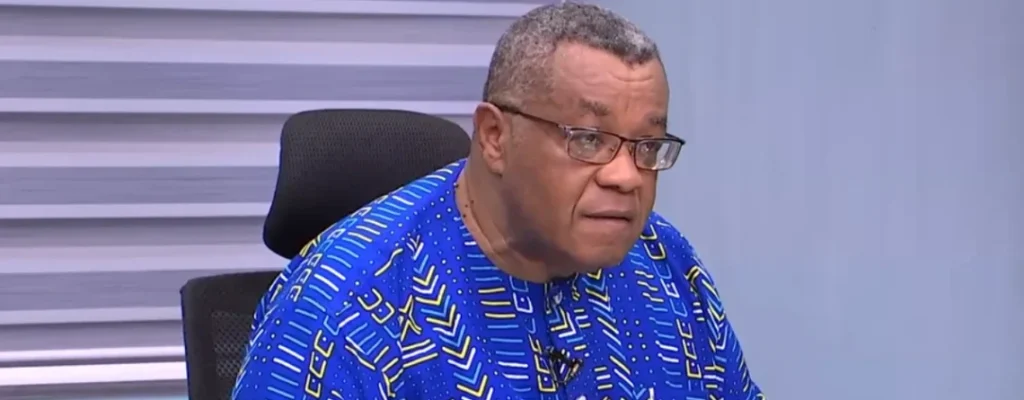
These documents will be used to engage banks and private financiers to determine whether the projects can attract investment and support.
Goosie Tanoh emphasized the importance of this step in determining the viability of the farms before moving to full implementation.
Once the farms are deemed financially sound, the next phase will involve structuring the funding arrangements through an already established ecosystem designed by the programme’s planners.
This approach aims to streamline financing and ensure that each project is aligned with the broader objectives of the Grow24 initiative.
“Once we clear the path that is bankable, then we begin to put together the funding arrangement based on the funding ecosystem that we’ve established. The funding ecosystem is very simple. GIF is the infrastructure provider.”
Goosie Tanoh
Grow24 Taps Volta Corridor For Farm Boost
A key focus of the Grow24 initiative is the Volta Lake corridor, which has been identified as a strategic zone for driving large-scale agricultural development.
Goosie Tanoh highlighted its potential, noting that the land stretching roughly 10 kilometres on either side of the lake covers an estimated 8 million hectares.
When adjusted using a conversion factor of 2.4, this translates to approximately 20 million acres. After excluding forest reserves, around 4 million hectares of arable land remain available—representing a significant opportunity for transformative agricultural investment and production.
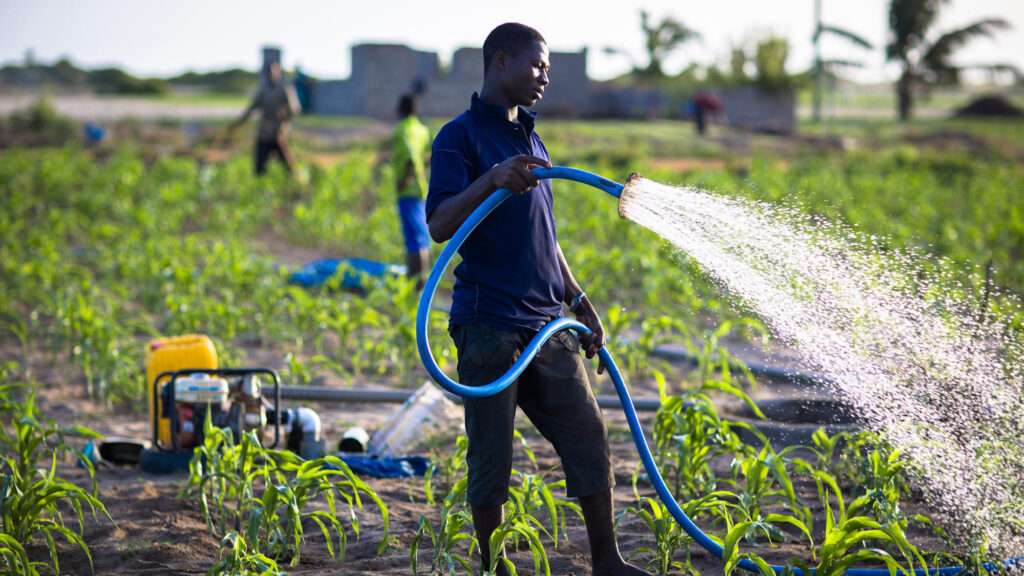
A defining feature of Grow24 is its collaborative structure. The strategy will involve partnerships with existing farmers to create agro-ecological parks that integrate smallholder farmers into larger cooperative models led by experienced anchor farmers.
This “anchor-and-spoke” model is expected to boost productivity by encouraging economies of scale, facilitating knowledge transfer, and building climate resilience.
Tanoh described a model in which private-sector farmers operate mechanised farms cultivating diverse crops, backed by investors who provide mechanisation, extension services, and technology.
The Ghana Infrastructure Fund (GIF), acting as the special purpose vehicle managing land concessions from the Volta River Authority (VRA), will deliver the essential energy and irrigation infrastructure to underpin this ecosystem.
This innovative private service-centre model reduces capital expenditure for farmers by allowing them to rent machinery and services on equitable terms. “Anchor farmers will also serve as conduits for input credit to the smaller farmers integrated within their operations,” Tanoh explained.
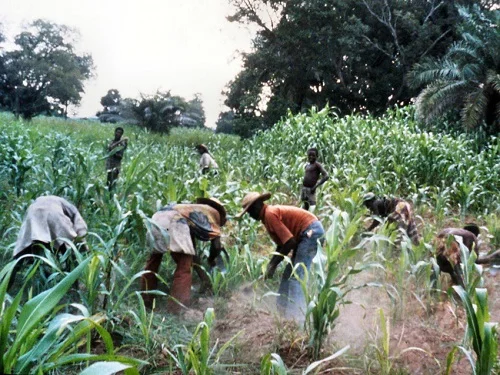
“Smallholders produce 90% of our food and cannot be overlooked. Our objective is to upgrade farming infrastructure and technology. Through anchor farmers, we formalise and integrate smallholders into efficient crop systems, enhance their skills and capacities, and organise them to facilitate easier access to finance.”
Goosie Tanoh
Tanoh emphasized that Grow24 is more than just an agricultural project.
He described it as a comprehensive economic transformation agenda aimed at generating employment, improving food security, increasing export potential, and enhancing the incomes of both small-scale and commercial farmers across the country.
By aligning infrastructure, finance, and policy, Grow24 aims to unlock the full potential of Ghana’s agricultural sector and position it to compete confidently on the global stage.
As the rollout phase nears, observers will be watching closely to see how this plan delivers on its promises to modernize farming and strengthen Ghana’s economy from the ground up.
READ ALSO: ECG Revenue Hits GHS 1.6 Billion in First Half of 2025



